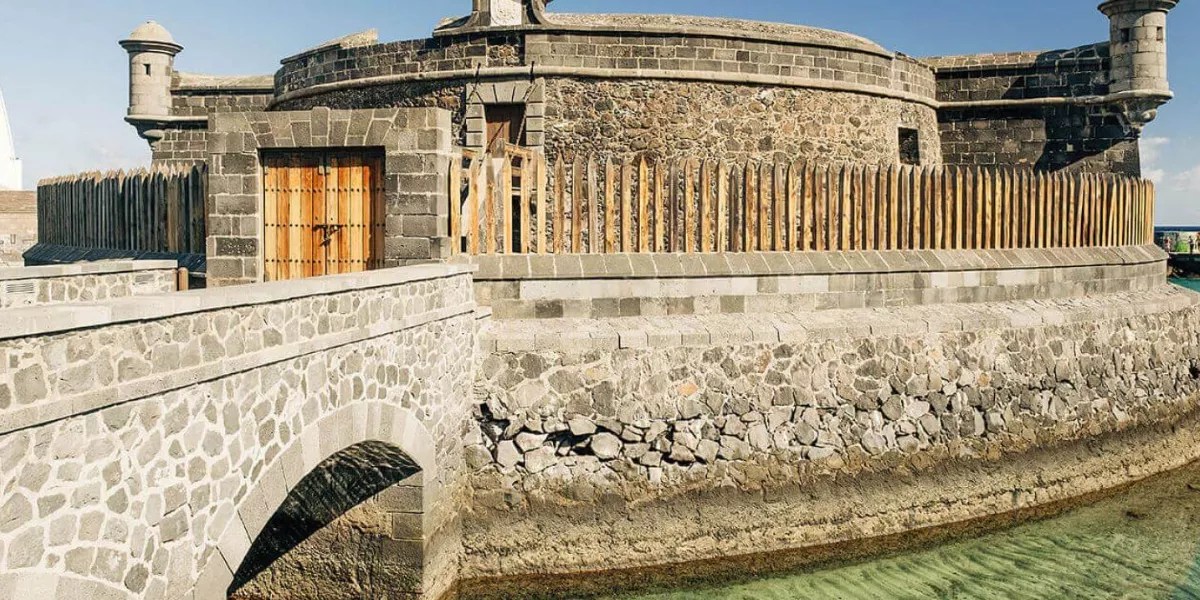The Health Councillor, Esther Monzón, said this Friday that the poor water quality at Playa Jardín, in the Tenerife municipality of Puerto de la Cruz, is due to cracks in the outfall. Measures have been taken, and a Public Health report is awaited to reopen the area for swimming.
In a parliamentary committee and responding to socialist group MP Tamara Raya, she noted that the Directorate General of Public Health, the Tenerife Cabildo, and the Ayuntamiento of Puerto de la Cruz are clear that the issue was the outfall cracks. She added that, in addition to solving this problem, an electronic group has been installed to prevent overflow water from reaching the sea.
Esther Monzón stated that, moreover, there were household residues not connected to the network, and this problem has also been rectified.
The councillor and the socialist MP agreed that for the reopening of Playa Jardín, the Directorate General of Public Health follows health criteria.
Esther Monzón emphasised that almost 28 million euros have been invested by the council, cabildo and regional government in the outfall and desalination plant. From this year, two weekly analyses are conducted at different beach points.
Now they are waiting for a report from the Directorate General of Public Health for the definitive opening of the beach, the councillor explained.
Furthermore, the Health Councillor highlighted the solidarity in the Canary Islands regarding donations, particularly bone marrow donations, but added that vigilance must not be relaxed.
In this regard, responding to a question from the Popular Group MP Rebeca Paniagua, the councillor remembered that bone marrow donation is often the only solution for leukaemia and stressed that in the archipelago a sustained effort is made.
Rebeca Paniagua highlighted that in the Canary Islands there are about 16,000 people registered in the regional register and added that by August last year, 723 new donors had been registered compared to the previous year.
The Popular Group MP also inquired about the publication and implementation forecast for the Canary Islands’ neurodegenerative diseases strategy 2024-2027, which was presented the previous day and will cover the period 2025-2028, as the councillor noted.
The Nationalist Group (CC) MP Vidina Espino asked about advances in primary care in Gran Canaria and its impact on service quality. The councillor noted that significant improvements have been made, reducing waiting times.
Esther Monzón indicated that 38 doctors and 34 incidence nurses, as well as 26 support specialists, have been added, along with profiles like psychologists and physiotherapists, and infrastructure has been improved.
In response to Vox MP Nicasio Galván concerning when the additional pay for health workers will be paid and the fulfilment of the commitment in this regard, the councillor stated that this modification must be addressed at the general public employees’ table, as it is not a health matter.
Esther Monzón expressed that her department shares the need to improve health personnel conditions.
The Nueva Canarias-Bloque Canarista (NC-BC) MP Yone Caraballo inquired about the reasons justifying a medical helicopter in Fuerteventura but not in Lanzarote. The councillor confirmed they are “strictly” technical, due to “conclusive” usage data.
Yone Caraballo noted that after requesting a report, only a page was provided with no mention of the councillor’s statements. He added that in terms of transfers during 2023, there were more from Lanzarote.
Esther Monzón asserted that the same technical criteria were used as in the previous legislature under the then Health Councillor, Blas Trujillo (PSOE).
The Mixed Group MP Raúl Acosta wanted to know if measures could be adopted regarding the control of treatments and outpatient consultations for oncological patients from El Hierro to be conducted on the island and avoid transfers to Tenerife.
The councillor commented that the health area of El Hierro works to avoid trips to the University Hospital of La Candelaria in Tenerife, and by the end of this month, it is expected that a radiotherapy oncology consultation will start operating on the island.















